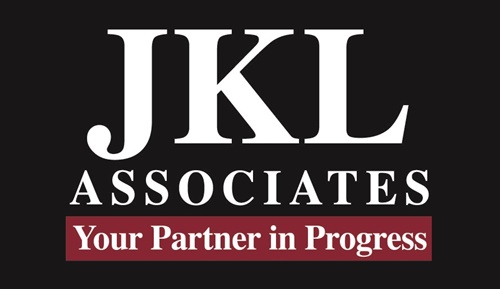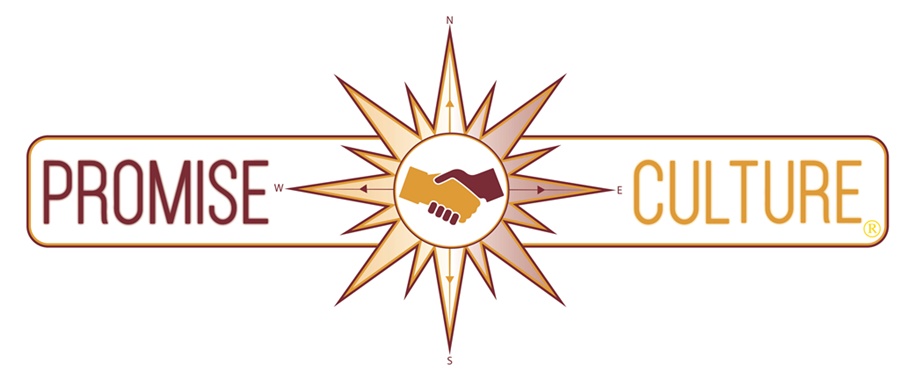January 18, 2018
ISSN# 1545-2646
All the Kings Horses
As the nursery rhyme tells it – all the kings horses and all the kings men could not put Humpty Dumpty back together again. Why? Maybe the horses nor the men possess the right skills for the job.
Chess is a strategic game made up of various playing pieces. Each piece has certain defined movements or “Skills” by which they move about the board. The horse or “Knight” for example moves in an “L” shape of one chess board square right or left, up or down by 2 board squares right, left, up or down. This defined set of movements can be used to capture the opponents pieces and place the king in check or checkmate. This movement profile does not allow the piece to move more or less than that “L” shape. On the other hand the “Bishop” can move multiple board squares but can only move diagonally on the same color square it started at the onset of the game. This set of movement skills are also used to capture and place the opponents king at peril.
The chess pieces are like the staff in your business. They come to you with a certain defined profile of talents. At the beginning of the relationship you interview to see how the skills they bring align with the strategic needs you have in your business. You assess whether you need Knights, Bishops, Rooks or Pawns. Each of which brings certain skills and movements to your company. You being the master chess player deploy the resources to accomplish your goals of the business.
The challenge for business owners is that they don’t really understand what resources they need. What skills are critical to the role the person is in. What the “Key Accountability” items are which the role contributes to the success of the organization.
Most companies know the tasks or duties to be done on a daily or weekly basis and which person does them because they have always been done that particular way. When looking to bring on talent, the first step is to review the job description which to often has a list of things the job does. It really does not focus on how or why the role exists and the critical value it must bring to the growth of the organization.
If you are not a chess player, then this article is placing you at a disadvantage of appreciating how each piece on the board strategically contributes to the success of winning the game. The odd feeling in the pit of your stomach about being a bit out of sorts with the knowledge is what should also happen when you are not aligned with the understanding of talent in your company. If you are guessing at the best use of the talents in your company, then you are playing the strategic game of success without knowing how the movements of your team fit together.
This week, look at your company as the chess board. Look at your team talent as the players/piece in the strategy you are trying to accomplish. What are the skills, talents, movements your team players bring to the growth game? Do you know what the Key accountabilities are for each role in the company? Are the talents you have on the team aligned to achieve those measurement points?
2018 is just getting rolling so there is still time in the chess match to step back, review the board and make strategic changes to achieve a win.
Need to better understand your “Key Accountabilities” of the role in your organization? Give JKL Associates at (313) 527-7945 so we can help you, and all the kings horses and men rebuild your future success.
QUESTIONS OR COMMENTS – EMAIL US AT PARTNERS@JKLASSOCIATES.COM OR CALL OUR OFFICE AT (313) 527-7945
BECOME A FAN ON FACEBOOK ? WWW.FACEBOOK.COM/JKLASSOCIATES
LINK UP ON LINKEDIN ? WWW.LINKEDIN.COM/IN/JKLASSOCIATES
FOLLOW US ON TWITTER ? WWW.TWITTER.COM/@JKLASSOCIATES
COPYRIGHT – JKL ASSOCIATES 2018
Posted in Assessments, Business Builder, JKLAssociates, Perpetuation, Promise Culture, Purpose, Talent Engagement, Transition, Vision

